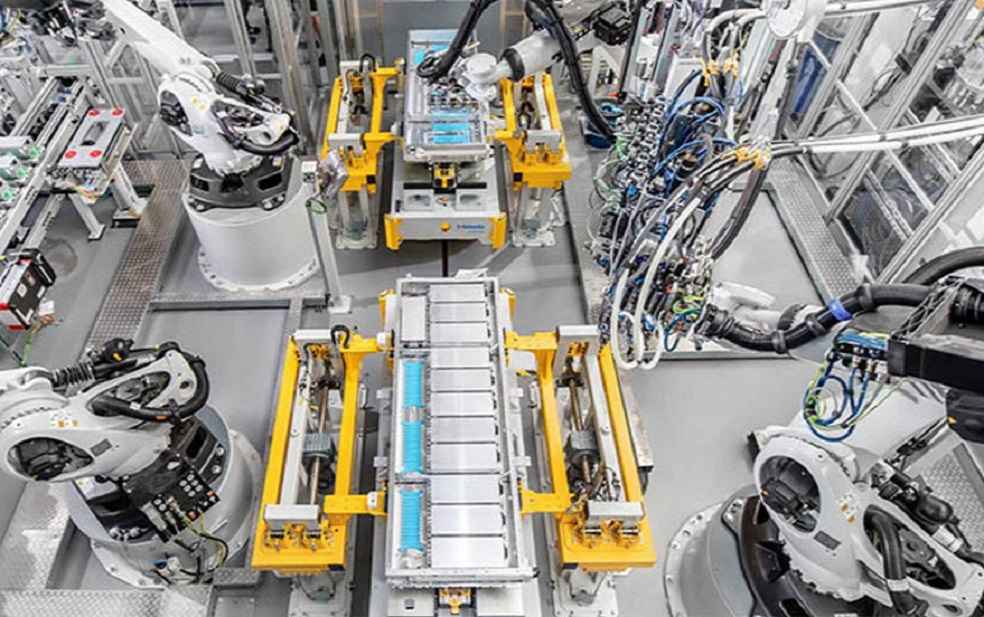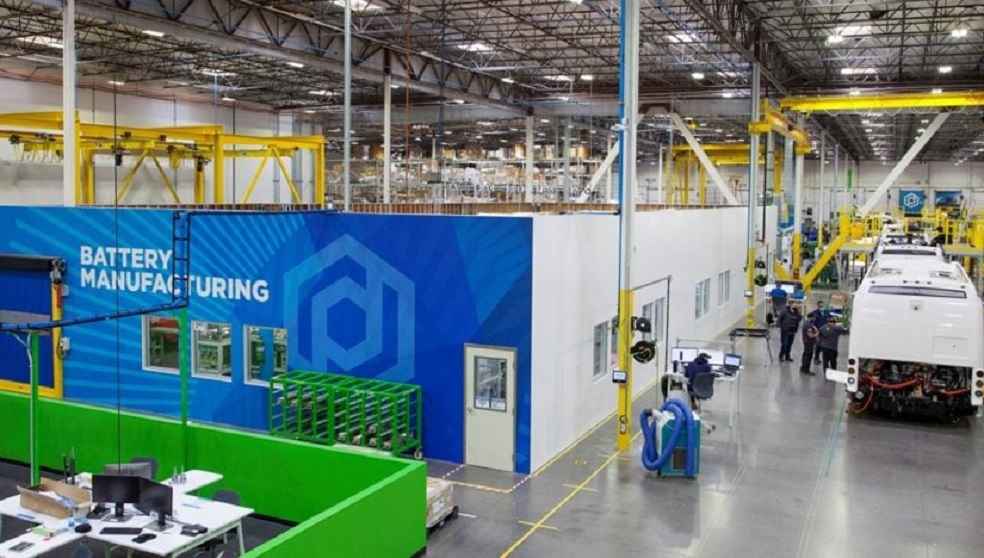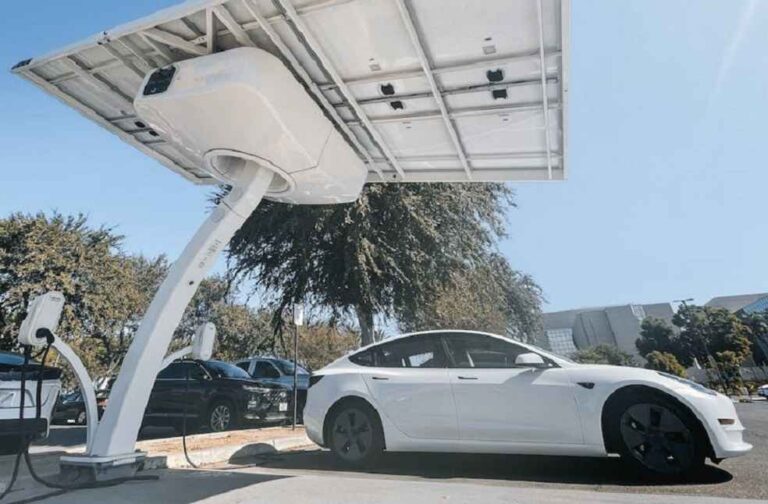In the race for supremacy in electric vehicle (EV) battery production, China has taken a commanding lead, establishing control over crucial steps, from mining to manufacturing. The nation’s strategic investments and policy measures have created an industrial powerhouse, leaving the rest of the world playing catch-up.
For decades, global economies have been vying to lead the electric vehicle revolution, aware of the economic and geopolitical advantages. China, however, has outpaced everyone, amassing control over the extraction of rare minerals essential for EV batteries, such as cobalt and lithium.

While China does not possess abundant reserves of these minerals, its long-term strategy involved buying into a steady and inexpensive supply chain. Chinese firms, backed by state support, have acquired stakes in mining companies across five continents, positioning China as a dominant player. In fact, Chinese corporations own most of the cobalt mines in Congo, the world’s largest cobalt supplier.
China also controls the refining process of these minerals, which is both energy-intensive and environmentally problematic. Chinese refineries, backed by government-subsidized land and energy, have been able to operate at larger volumes and lower costs than their global counterparts. The nation’s lax environmental regulations also provide it an edge, as sustainable processing methods tend to be more expensive.
In the production of battery components, Chinese companies show their ingenuity and cost-effectiveness. The cathode, a crucial battery component, is now being made using a cheaper alternative, lithium iron phosphate (LFP), in which China is the leading producer. This has given China significant control over the global cathode market.

China’s homegrown battery giants like CATL and BYD have benefited from Beijing’s protective policies and consumer incentives, allowing them to outgrow their Japanese and South Korean rivals. This, coupled with the nation’s ability to build battery factories at almost half the cost of Western countries, has solidified China’s dominance.
While the Biden administration has started to mirror Beijing’s strategy to boost domestic battery development, Chinese companies have already gained a significant advantage through years of state funding and experience. Despite this, western nations, particularly the United States, are striving to catch up, even as they grapple with challenges ranging from environmental concerns to labor training.
China’s robust EV industry, backed by over $130 billion in government support, exemplifies the nation’s commitment to leading the EV revolution. Experts like Scott Kennedy, a senior adviser at C.S.I.S., suggest that any future success in the EV industry will likely involve some form of cooperation with China, reflecting the nation’s undeniable clout in the global EV battery supply chain.
EV WORLD: Automakers Gear Up to Achieve 67% EV Market Share in New Sales





